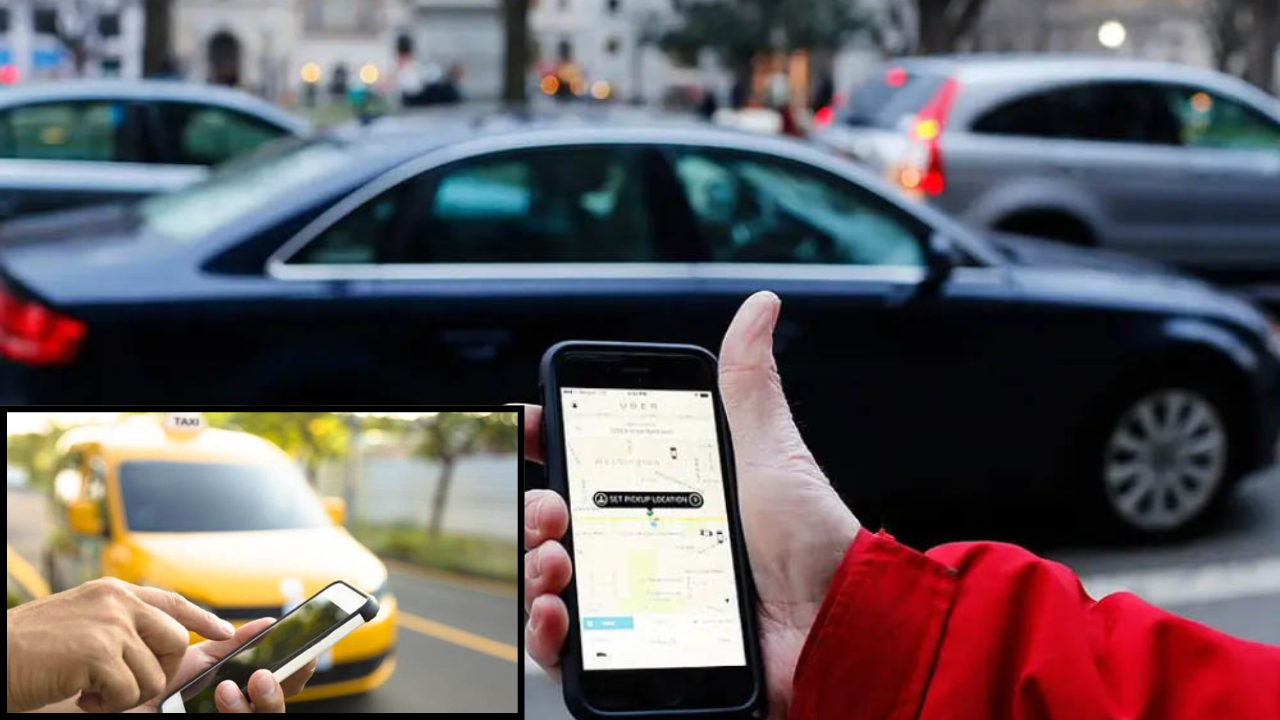 English
English

India’s first cooperative taxi service, Bharat Taxi, claims to empower drivers and protect passengers. But can this government-backed platform truly challenge private cab giants Ola and Uber?

Drivers will pay no commission and retain full control over their earnings.
New Delhi: In a major move set to disrupt India’s ride-hailing industry, the Union Ministry of Cooperation has announced the launch of Bharat Taxi, the country’s first cooperative taxi service. The initiative directly challenges private players Ola and Uber, promising fairer earnings for drivers and a more transparent experience for passengers.
Developed in collaboration with the National e-Governance Division (NeGD), Bharat Taxi aims to provide a government-supervised, community-owned alternative to private cab aggregators that have long dominated India’s urban mobility sector.
For years, riders have voiced frustration over dirty cars, inflated fares, arbitrary cancellations, and sudden surge pricing. Drivers, too, have struggled with high commissions, sometimes losing up to 25 percent of their earnings to platform fees.
Bharat Taxi intends to change this dynamic through a cooperative model that eliminates commission charges. Instead of paying a percentage of each fare, drivers will contribute a nominal membership fee , either daily, weekly, or monthly , ensuring they retain full ownership of their income.

The pilot begins in Delhi in November 2025 with 650 vehicles.
The pilot phase of Bharat Taxi will begin in Delhi in November 2025 with 650 vehicles, all owned and operated by member-drivers. If successful, the government plans a nationwide rollout in December, extending the service to major cities like Mumbai, Pune, Bhopal, Lucknow, and Jaipur in the coming year.
According to officials, around 5,000 drivers, including both men and women, will participate in the initial phase. By March 2026, the government aims to establish Bharat Taxi in multiple metro regions, scaling up to 1 lakh drivers by 2030. The long-term vision includes reaching district headquarters and rural areas, offering affordable and reliable mobility solutions beyond urban centers.
Bharat Taxi will operate under Sahakar Taxi Cooperative Limited, formed in June 2025 with an initial capital of ₹300 crore. Unlike privately owned companies, this cooperative will be jointly managed by driver-members and supervised by government agencies to ensure transparency, fair governance, and service quality.
Oversight will be provided by a governing council led by Jayen Mehta, Managing Director of the Gujarat Cooperative Milk Marketing Federation (Amul). Rohit Gupta, Deputy Managing Director of the National Cooperative Development Corporation (NCDC), will serve as the Vice Chairman.
Officials say this governance model ensures Bharat Taxi remains driver-centric, prioritizing community welfare over profits. “This is a people-first mobility solution that empowers drivers as entrepreneurs while ensuring passenger trust,” said an official familiar with the initiative.
With the entry of Bharat Taxi, India’s cab economy could be on the brink of transformation. The government-backed initiative promises to create fair competition in a market long dominated by private firms, potentially reshaping the dynamics of ride-hailing services.
If successful, Bharat Taxi could become a model for cooperative-driven digital platforms, merging technology, ownership, and public accountability into one framework. The big question now is whether this bold experiment can steer India’s mobility future toward greater equity and reliability.
No related posts found.